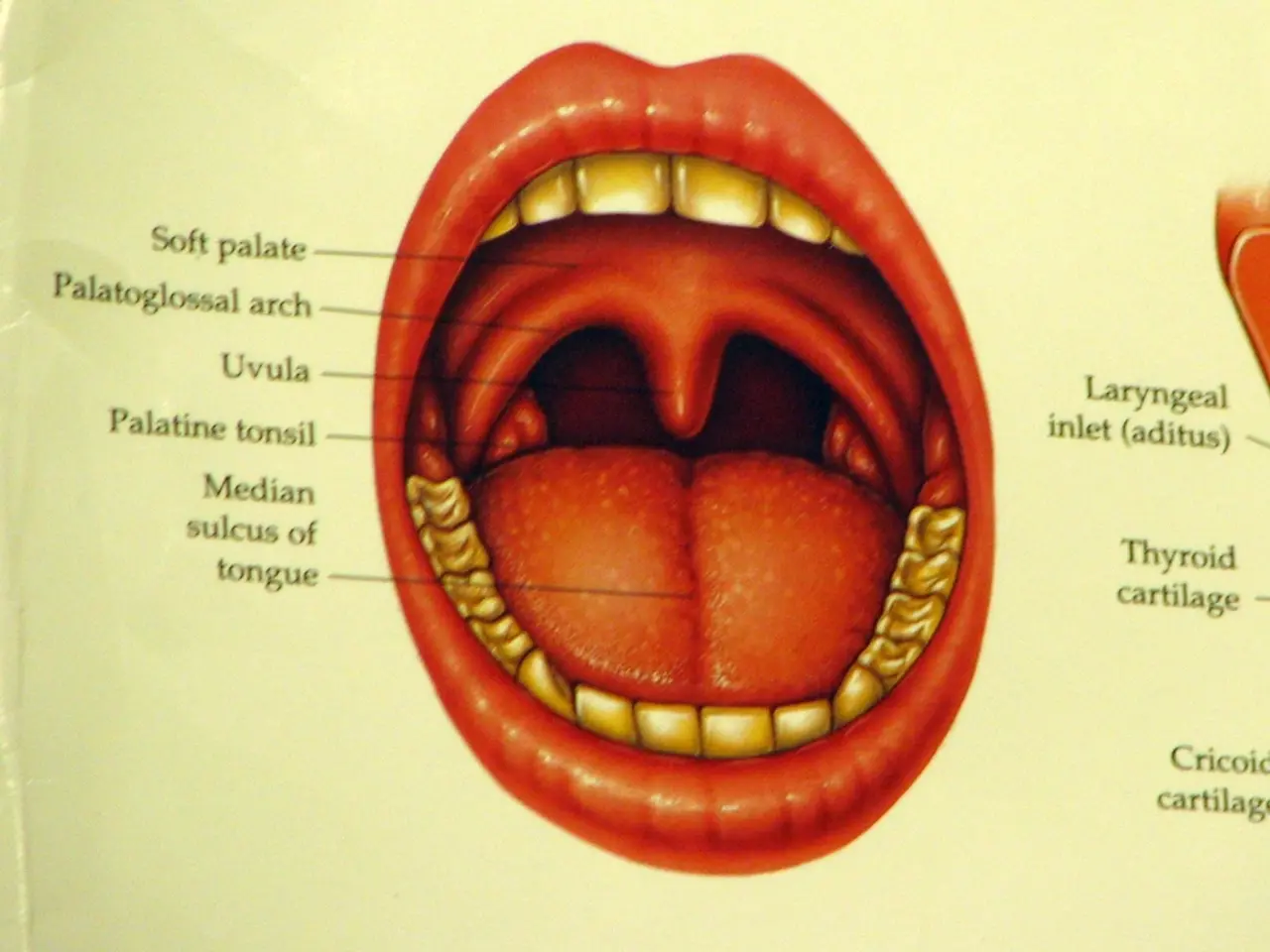Strategies for Controlling Adult ADHD Symptoms: Proven Approaches That Work
==================================================================
Living with Attention Deficit Hyperactivity Disorder (ADHD) in adulthood can present unique challenges, especially in the workplace. However, with the right strategies and support systems, it is possible to effectively manage symptoms and thrive in professional settings.
Firstly, it's crucial to understand that everyone's experience with ADHD is unique. What works for one person may not work for another. Therefore, being patient with oneself as one tries different techniques and tools to find what works best is essential.
Openly discussing one's ADHD diagnosis with those closest to them helps them understand the challenges faced on a daily basis. This open communication can lead to a stronger support network, which is essential for effectively managing ADHD symptoms. Family and friends are invaluable sources of support.
Paying attention to your body's reactions when consuming different types of food is equally important since certain foods and nutrients can aid in improving focus and reducing impulsivity. Common culprits include processed foods high in sugar and artificial additives like preservatives or colourings. Be mindful of food triggers as they can worsen ADHD symptoms.
Engaging in creative activities like painting, gardening, or playing an instrument can provide a therapeutic outlet for pent-up energy and emotions. These activities can help manage stress and improve focus, making everyday tasks feel more manageable.
Incorporating whole foods that are rich in protein, complex carbohydrates, healthy fats, vitamins, and minerals into your daily meals will provide the necessary building blocks for optimal brain function. It's worth considering adding dietary supplements like omega-3 fatty acids, zinc, iron, magnesium, or vitamin D to address any deficiencies and support overall mental health.
Clear, consistent communication is key in the workplace. Providing written instructions, short checklists, bullet points, and clear deadlines helps counteract challenges with memory and attention. Follow-up communications to clarify tasks reduce confusion and support prioritization.
Workplace accommodations can also be beneficial. Allowing flexible work schedules, remote work options, and breaks boosts morale and reduces burnout risk. Environmental modifications such as quiet workspaces, noise-canceling headphones, standing desks, and “quiet zones” can minimize distractions and sensory overload.
Task management tools like visual task trackers, breaking projects into smaller milestones, and employing techniques like “body doubling” (working alongside others) help with task initiation and managing working memory demands.
Stress management techniques complement dietary changes by promoting relaxation and emotional well-being. Techniques such as deep breathing, box breathing, or the 4-7-8 technique can help calm the mind in moments of overwhelm.
Joining ADHD meetup groups or peer coaching sessions can help build connections within the ADHD community. Connecting with others who have ADHD can provide understanding, encouragement, and coping strategies.
Incorporating stress relief hobbies and breathing exercises into your daily routine can further improve focus, reduce anxiety, and make everyday tasks feel more manageable. Being mindful of food triggers is equally important since they can worsen ADHD symptoms.
Lastly, establishing healthy boundaries is important in maintaining a strong connection while feeling respected. Communicating openly with supervisors or colleagues about any challenges due to ADHD can provide additional support or resources tailored specifically to one's needs at work.
Research indicates that tailored psychosocial interventions developed with input from adults with ADHD and workplace stakeholders can improve quality of work life, job satisfaction, psychological well-being, and workplace relationships.
Overall, effective symptom management relies on a combination of individualized strategies, workplace adjustments, and an inclusive, understanding environment that together enhance functioning and reduce the challenges of adult ADHD in professional settings.
- Adequate nutrition plays a significant role in maintaining optimal mental health since certain food types can improve focus and reduce impulsivity, while avoiding processed foods high in sugar and artificial additives can help manage ADHD symptoms.
- Engaging in creative activities like painting, gardening, or playing an instrument can offer a therapeutic outlet for pent-up energy and emotions, aiding in stress management and improving focus.
- Research indicates that targeted psychosocial interventions, developed with input from adults with ADHD and workplace stakeholders, can boost job satisfaction, psychological well-being, and workplace relationships.
- Establishing healthy boundaries with supervisors and colleagues is important in maintaining a strong connection and feeling respected, as open communication about ADHD challenges may secure additional support or resources tailored to one's professional needs.




